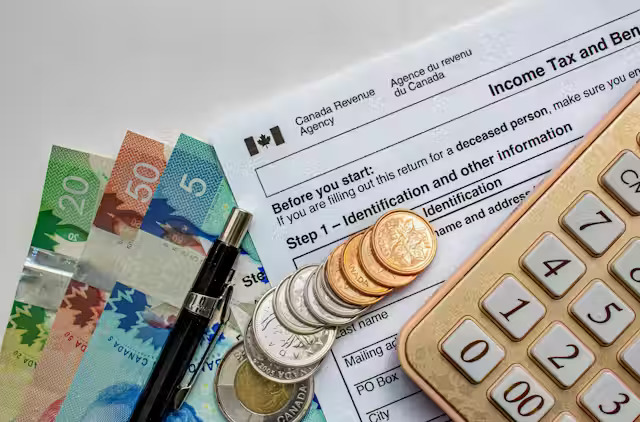Introduction: Stablecoins and Their Growing Role in Cryptocurrency Stablecoins have emerged as a sol...
Introduction: Understanding Bitcoin and Bitcoin Mining Bitcoin operates as a decentralized cryptocur...
Introduction: Voluntary Disclosure Program Overview The Canada Revenue Agency’s (CRA) Voluntary Di...
Introduction: Understanding Bare Trusts in Cryptocurrency Investments The rapid development of block...
Introduction – Departure Tax for Canadian Residents Moving Abroad Departure tax is a critical cons...
Introduction – Cryptocurrency and NFTs as Matrimonial Property Divorces often result in significan...
Introduction – Digital Payment Services and Financial Reporting Obligations Digital payment platfo...
Introduction – What Exactly is a "DAO"? A Decentralized Autonomous Organization (DAO) is a new-age...
Introduction – Departure Tax for Canadian Emigrants with Cryptocurrency When a taxpayer ceases to ...
The Canada Revenue Agency (CRA) has significantly increased its scrutiny of cryptocurrency-related t...











